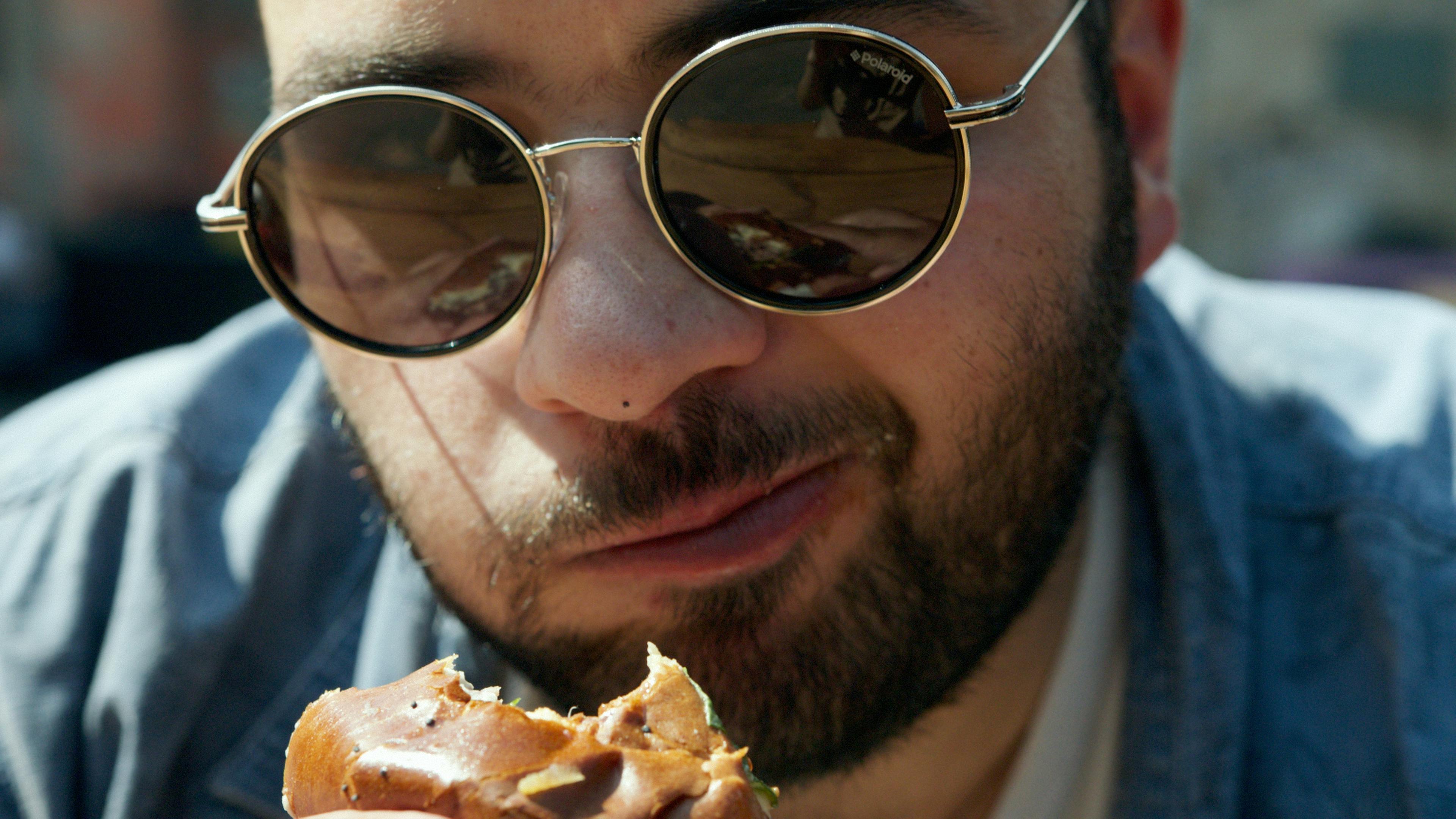Dissociative Disorders – Ayurvedic Herbal Treatment
People affected by dissociative disorders chronically escape from their reality in involuntary and unhealthy ways that range from suppressing memories to adopting alternate identities. There are four main dissociative disorders: dissociative amnesia; Dissociative identity disorder; dissociative fugue; and depersonalization disorder. Common symptoms include memory loss of certain time periods, events, and people; mental health problems; depersonalization; derealization; and a confused sense of identity. Dissociative disorders often develop as a coping mechanism for trauma.
Treatment of dissociative disorders may include psychotherapy, hypnosis, and medication. Creative art therapy and cognitive therapy can also help in the treatment of this condition. Ayurvedic treatment of dissociative disorders aims to treat the underlying cause of this condition and prevent complications such as depression, anxiety, eating disorders, severe headaches, sleep disorders, alcoholism, substance abuse, sexual dysfunction, self-mutilation, and suicide attempts. suicide.
Medicines such as Sarpagandha (Rauwolfia serpentina), Brahmi (Bacopa monnieri), Shankhpushpi (Convolvulus pluricaulis), Vacha (Acorus calamus), Mandukparni (Centella asiatica), Jatamansi (Nardostachys jatamansi), Brahmi-Vati, Khurasani-ova (Hyoscyamus niger), Brahmi-Ghrut, Unmaad-Gaj-Kesari, Sutshekhar, and Maha-Vat-Vidhvans are used in high doses to treat anxiety, depression, sleep disorders, and original dissociative disorder. An addition of Suvarna-Bhasma, Abhrak-Bhasma, Trivang-Bhasma and Laxmi-Vilas-Ras to the above mentioned medicines helps to increase the therapeutic response.
Different Panchkarma procedures can be used to treat patients with dissociative disorders. A full body massage is performed using medicated oils such as Mahanarayan oil, Mahamash oil, and Mahasaindhav oil. The patient is asked to consume regularly medicated ghees like Brahmi-Ghrut, Panch-Gavya-Ghrut and Kalyanak-Ghrut, in high doses. These two procedures include ‘Snehan’ therapy. Medicated enemas are administered with Dashmool-Qadha and Sahachar oil. ‘Nasya’ therapy is done with medicated nasal drops such as Vacha oil, Marich (Piper nigrum) and Gud-Sunthi. The three combined procedures of nasya, snehan and medicated enemas initially only have a physical effect, however, when repeated periodically they help control ‘Vata dosha’ and gradually help control dissociative characteristics. The ‘Shirobasti’ or ‘Shirodhara’ procedures can be used temporarily to sedate highly excited or disturbed patients.
Patients affected by dissociative disorders should be in regular contact with a Psychiatrist and a Counsellor. They must establish a support system of family and friends. Although the course of therapy can be difficult, many people with dissociative disorders can learn new ways to cope and lead healthy, productive lives.
